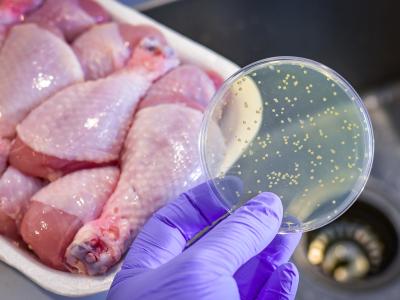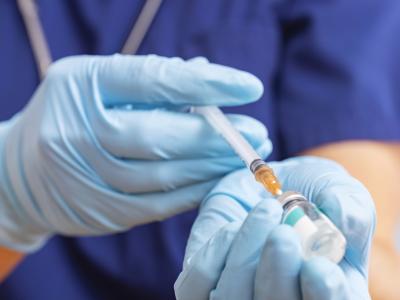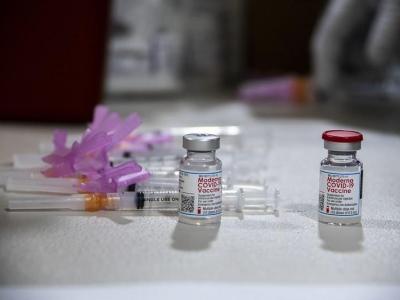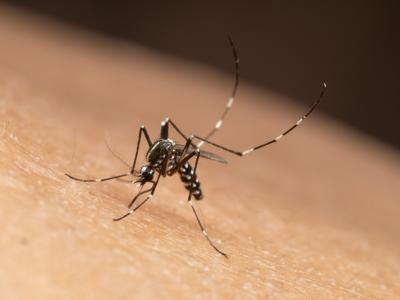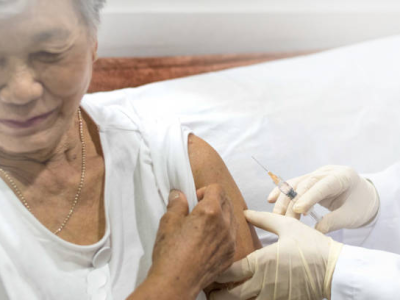Apr 25, 2007 (CIDRAP News) Bacteria in a kitchen sponge can best be eliminated by heating the sponge in a microwave oven or running it through an automatic dishwasher, according to a study by the US Department of Agriculture (USDA).
Researchers found that microwaving a wet sponge for 1 minute killed 99.9999% of bacteria, while running a sponge through a dishwasher cycle that included drying eliminated 99.9998% of bacteria, the USDA's Agricultural Research Service (ARS) said in an Apr 23 news release.
Microbiologists Manan Sharma and Cheryl Mudd also tested sponges soaked in lemon juice and in deionized water for 1 minute and in 10% bleach solution for 3 minutes, and they left one untreated. Between 37% and 87% of bacteria were killed using these methods, leaving sufficient bacteria to cause disease. (Deionized water is purified water from which most ions, such as sodium, calcium, iron, and chloride, have been removed).
Initially, each of the sponges contained about 20 million microbes, after researchers soaked them in a solution of ground beef and lab growth medium for 48 hours. The study was conducted at the ARS Food Technology and Safety Laboratory in Beltsville, Md.
Treatment in the microwave and the dishwasher also left sponges with less than 1% of the original counts of yeasts and molds in them, whereas 6.7% to 63% remained in the sponges treated with the other methods or left untreated. The ARS said these methods were tested because they are commonly used in households.
Sanitizing kitchen sponges is important because they may be contaminated with pathogens like Escherichia coli O157:H7 and Salmonella.
Others studies have shown the powerful effects of microwaving. University of Florida engineering researchers found that microwaving killed more than 99% of bacteria in sponges that had been soaked in raw wastewater, according to a Jan 22 university news release. The study was published in the December 2006 issue of the Journal of Environmental Health.
"Basically what we find is that we could knock out most bacteria in two minutes," said Gabriel Bitton, University of Florida environmental engineering professor, in the news release.
Sponges should be wet when placed in the microwave and should have no metallic components, according to the University of Florida release.
See also:
Apr 23 USDA news release
http://www.ars.usda.gov/is/pr/2007/070423.htm
News release on University of Florida study
http://news.ufl.edu/2007/01/22/zap-the-bugs/





